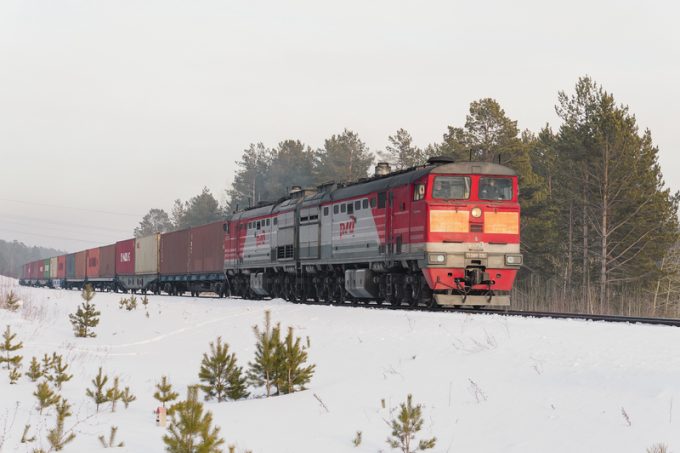MSC box ship hit by Russian missile in Odessa
A small MSC containership at the Ukrainian port of Odessa was hit by a Russian ...

Russian Railways has experienced its weakest month of growth, with Estonia looking for a way out of a rail freight quagmire caused by the invasion of Ukraine.
August figures were not pretty for Russia’s leading rail freight operator, according to reports, RZD recording just 0.1% growth, ...

Comment on this article